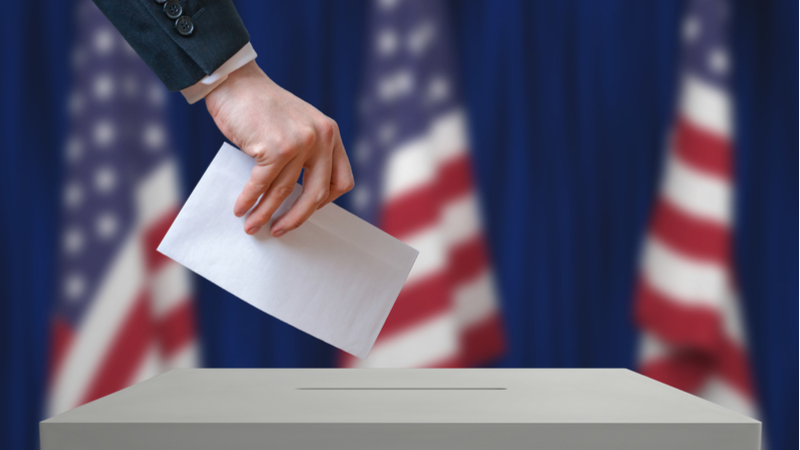
Today’s House Committee on Oversight and Government Reform (OGR) covered the waterfront on election cybersecurity issues but came up with little that differed much from many of the other election cybersecurity hearings that have happened on the Hill over the last few months. The greatest hits were once again discussed–concerns over involvement in the 2016 election, threats facing the 2018 midterm elections, and how to respond to Russia cyber aggression towards U.S. election infrastructure and technology.
OGR, led by Chairman Trey Gowdy, R-S.C., and Ranking Member Elijah Cummings, D-Md., served up an impressive list of witnesses during the hearing. Chris Krebs, recently confirmed as under secretary for the Department of Homeland Security’s (DHS) National Protection and Programs Directorate (NPPD); Thomas Hicks, commissioner of the U.S. Election Assistance Commission; Maggie Toulouse Oliver, secretary of state for New Mexico; and Ricky Hatch, county auditor for Weber County, Utah, all testified during the lengthy hearing.
Before beginning to question the witnesses, both Reps. Cummings and Gerry Connolly, D-Va., lamented the fact that Gowdy declined to ask leadership from the Office of the Director of National Intelligence to testify before an open hearing. Gowdy and Rep. Will Hurd, R-Texas, did agree to ask leadership in for a closed-door session.
Once the hearing got underway, Krebs touted DHS’ commitment to protecting U.S. elections from cyberattacks, and steps the department has taken to strengthen U.S. cybersecurity posture.
“Recognizing that the 2018 U.S. mid-term elections are a potential target for malicious cyber activity, DHS is committed to robust engagement with state and local election officials, as well as private sector entities, to assist them with defining their risk, and providing them with information and capabilities that enable them to better defend their infrastructure,” he said during the hearing. “Given the foundational role that elections play in a free and democratic society, in January 2017 the Secretary of Homeland Security designated election infrastructure as a critical infrastructure subsector.”
Hicks praised legislators for appropriating additional funds for state election officials to use for election technology upgrades and modernization.
“In the Consolidated Appropriations Act of 2018, Congress appropriated $380 million in HAVA [Help America Vote Act] funds to the states and eligible territories for projects and programs to improve the administration of Federal elections,” Hicks said. In just over 3 months, the EAC has received disbursement requests for 100 percent of the funds from all 55 eligible states and eligible territories, and 100 percent of the funds are available for the eligible states and territories to draw down. This is a remarkable development, and on behalf of the states, I thank you for appropriating these vital resources.”
Toulouse Oliver focused on the importance of restoring voter confidence that U.S. elections are free, fair, and secure.
“Much of the national attention over the past year and half has focused on election security issues –especially cybersecurity–which are of course, extremely important,” she testified. “If people are confident that the voting process is secure, they will be much more likely to participate. This is why we need members of this committee, DHS and our other Federal partners to share with Americans that our elections are secure and indeed fair. The risks to our election system are real, and we have and will continue to address them appropriately … While we all need to work together to combat misinformation–intentional and accidental–to maintain voter confidence, I also encourage those citizens watching today to get involved in the process by becoming a poll worker, reaching out to their state and local election officials with questions and ultimately voting in November.”
As the lone representative of local government, Hatch focused on how the Federal government can assist local governments administer U.S. elections and provided three steps the Federal government can take.
“First, enact a dedicated funding stream for local governments for election administration and security,” Hatch suggested. “Second, expand the Federal government’s efforts to provide technical assistance and best practices to local election officials. Third, engage in a robust federalism process with state and local stakeholders regarding any future legislative or regulatory changes.”
